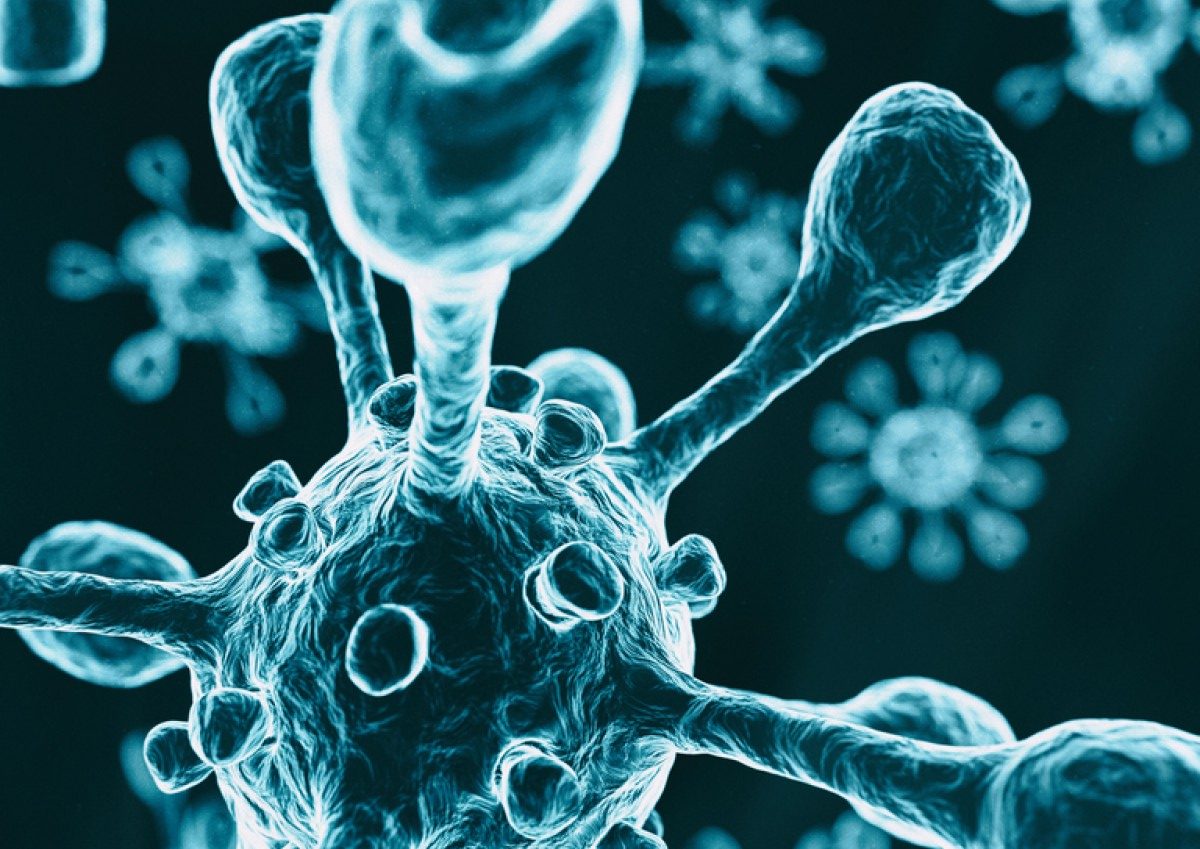Limitation of teaching at the university’s premises from October 19 due to COVID-19!

Following the Government’s decision to introduce further measures to prevent the spread of SARS-CoV-2 virus and the division of the country into red and yellow areas, as of 19 October 2020. there is a restriction on training in studies, postgraduate studies and other forms, as well as a restriction on the training of doctoral candidates by hei courses and other entities providing doctoral training at their premises or subsidiaries.
How to conduct classes divided into red and yellow areas
In the red area
Training is carried out exclusively using methods and techniques of distance learning (remotely).
Exceptions are:
- activities the nature of which does not permit remote implementation;
- activities to be implemented in the last year of study.
By decision of the rector or head of the body conducting the doctoral training, these classes may take place stationary.
In the yellow area
The training is carried out remotely, i.e. using distance and stationary learning methods and techniques, i.e. at the premises of the operators of this training (hybrid mode). It is for the rector or head of the doctoral student training body to decide how the training is conducted.
Any decision taken by the university authorities must take into account, in particular, the safety of students, doctoral students and staff of the hemisphere. Education in the fields of study preparing for the pursuit of professions for which training standards have been set must take into account the specific arrangements provided for in those standards.
During the period of limitation of the functioning of the HEI, the specific arrangements set out in Article 10 shall apply. Article 51(b) of the Law on Higher Education and Science
- the rector may issue orders on matters falling within the competence of the Senate, if this is necessary to ensure the continuity of the functioning of the hemisphere , such orders shall be subject to approval by the senate of the hemisphere at the next meeting;
- periodic assessments of academic teachers shall not be carried out;
- academics are not directed to periodic research;
- student ID cards, doctoral student ID cards and academic id cards shall remain valid during the period of limitation or suspension of the functioning of the hemisphere and 60 days after the end of that period. It is therefore not necessary to attend the university in person in order to extend the validity of the afore called ‘university’. Legitimacy.
University employees
The staff of the HEI shall carry out their work in accordance with the rector’s decision taking into account the need to ensure the functioning of the heiress, including the pursuit of scientific activities. With this in mind, the rector may decide that the staff of the HEI may carry out work outside the place where it is carried out on a permanent site (remote work).
Communication
We recommend that you send up-to-date information on the functioning of the university to all members of the academic community using technically available solutions. Information on an ongoing basis should be posted on the university’s website. Keep up-to-date updates using university mail to minimize the risk of misinformation and to provide students, doctoral students, and staff with the best possible access to information about them. current solutions in the university.
Student houses
Depending on the decision taken by universities, the guidelines for student homes should be adapted accordingly in the context of the implementation of the training process. When deciding on the number of people living in student homes, health requirements should be taken into account in order to ensure safety. In particular, it is recommended to maintain the visiting ban and to provide sanitizing fluids at the entrance to the student house.
If residents so wish, in particular, it should be possible to stay in student houses:
- persons who carry out classes on a stationary site;
- persons for whom participation in remote activities involves the need to live in a student house;
- people working in a given city;
- pregnant women and parent students;
- persons whose presence in the family home could pose an epidemic risk to loved ones;
- people who are not able to live elsewhere (e.g. due to family, material situation).
It is recommended, where appropriate, to separate one student home for those in quarantine, if the infrastructure of the university so allows.
Legal basis
- Joke. Whereas Article 51b (1) of Regulation (EEC) No 245 4 of the Act of 20 July 2018. – Law on higher education and science (Journal of Laws of 2020, item 85, as amended), article 11(1)(b) of the Basic Regulation) Article 63(3) of the Law of 16 April 2020 of specific support instruments in connection with the spread of SARS-CoV-2 virus (Journal of Laws, item 695, as amended)
- Joke. 198a of the Act of 20 July 2018 – Law on higher education and science (Journal of Laws of 2020, item 85, as amended)
- Joke. Whereas article 3 (2) of Regulation (EEC) No 1 of the Act of 2 March 2020. on specific solutions related to the prevention, prevention and eradication of COVID-19, other communicable diseases and the crisis situations caused by them (Journal of Laws, item 374, as amended).
- Regulation of the Minister of Science and Higher Education of 16 October 2020 on the temporary limitation of the functioning of certain actors in the higher education and science system in connection with the prevention, prevention and eradication of COVID-19
Source: Ministry of Science and Higher Education